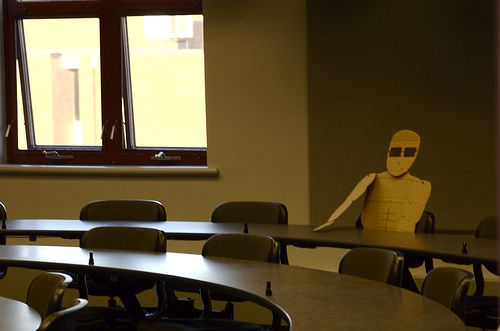
Raptitude Experiment No. 8
I’m finally settled from my return to Canada, with a permanent apartment and a permanent job, so I feel ready to dig in and make some strides in the self-improvement department.
Self-improvement is about habit change, I know that now. But I have a poor track record for habit change. I have been ping-ponging between two different strategies, and neither has worked too well.
My old strategy was to summon all my enthusiasm, pick a day and try to change everything at once: begin exercising, meditating, staying organized, and practicing guitar every day. Usually I start this on a Monday and it lasts till about Tuesday.
It’s too much. There is too much of a sudden schedule adjustment, and the habits have a tendency to get in each other’s way. Any new habit makes ripples in your life that you can’t really predict until you’re doing it.
For example, if you’re in the new habit of working out with kettlebells after work, when you sit down to play guitar you may notice your hands are sore and tense, your mind is a bit dull, and it’s just not conducive to playing guitar. Your practice is an uninspiring one, and it’s getting late anyway, so you don’t do the next thing right either, if you get to it at all. Getting even the first day right is hard when you take on multiple new habits.
Many people suggest never trying to change more than one habit at a time. My problem with this is always the same: I have some initial success and then I can’t help but think about other habits I could be forming. I want to ride the momentum. If there are five or six habits I want to form, and I’m not allowing myself to begin on the second until I’m 30 days into the first, that means I can’t even touch some of those habits until I’m five or six months down the road, and that assumes that I’m successful in my first attempts.
I don’t know about you, but when I want to make a change, I don’t want to put my inspiration on hold for six months. In my life it seems I am either comfortable and complacent, or I want to make a dramatic change (a revolution!) in how I spend my time. Right now I want to make several changes at once, and I’m determined to find a way.
The Plan
I have a suspicion, and I’m going to test it out. Read More
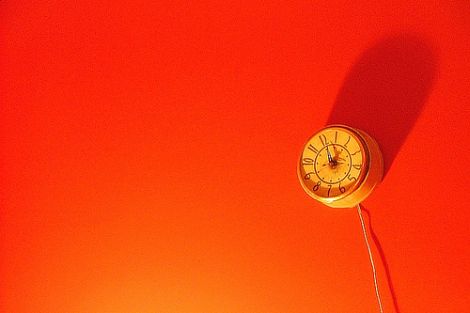

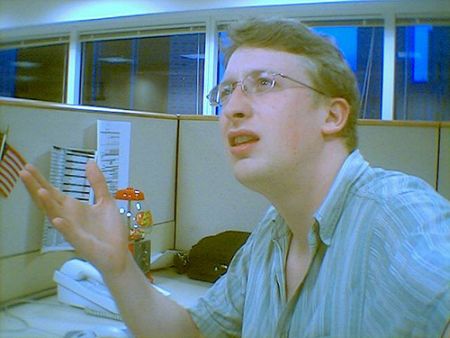

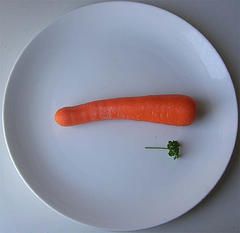
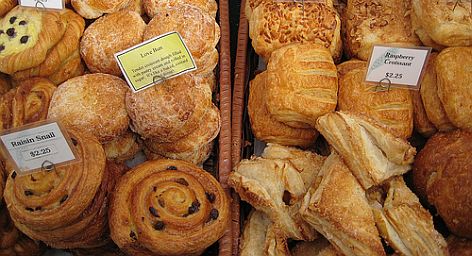
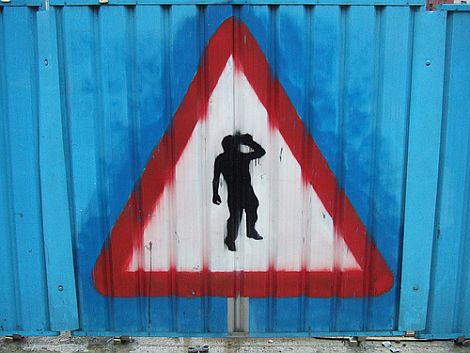
 I'm David, and Raptitude is a blog about getting better at being human -- things we can do to improve our lives today.
I'm David, and Raptitude is a blog about getting better at being human -- things we can do to improve our lives today.
Thanks, it is interesting information.